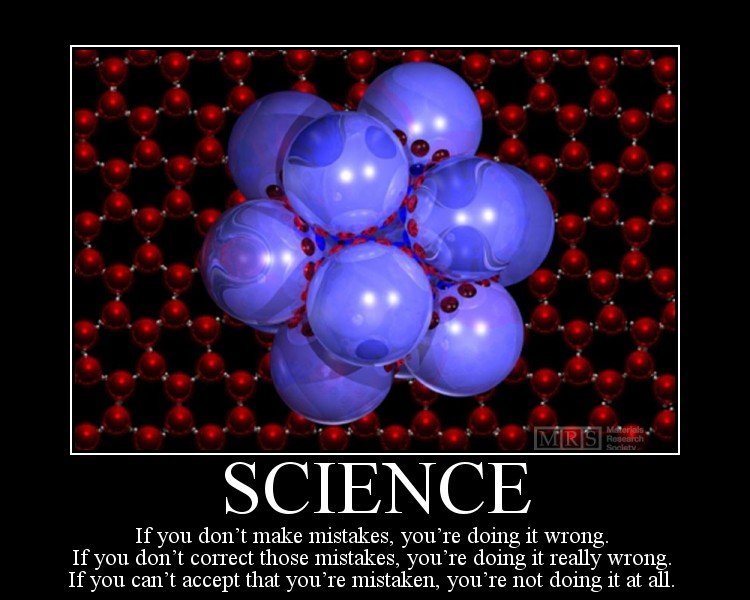Thanks, RocketMan. Unfortunately, a bit too late. Serious mold developed and I threw them out. That was a lot of work and it was disheartening to see it fail. Next year I will definitely have all my ducks in order and know exactly what to do and expect before trying again.
Oxygen is the biggest enemy in this whole process Pepper Junky...every step of the way you need to be mindful of how oxygen/air might get in ; and in the air there often dwells a yeast of some description which simply wants to grow/live (like the rest of us ) .I would suggest you buy a couple of jars designed for fermentation (just to see how easy it can be)...these jars have a double security system which greatly helps your chances of keeping oxygen out...some weight/stone circle (on top of cheesecloth type screen to keep out smaller particles works well)is used to keep solids under the liquids and an airlock is fixed through the screw lid as well...and if you use a good starter you need only use the salt level that is palatable to you...in my case i generally use 2% with no problems. Good luck and keep going.

